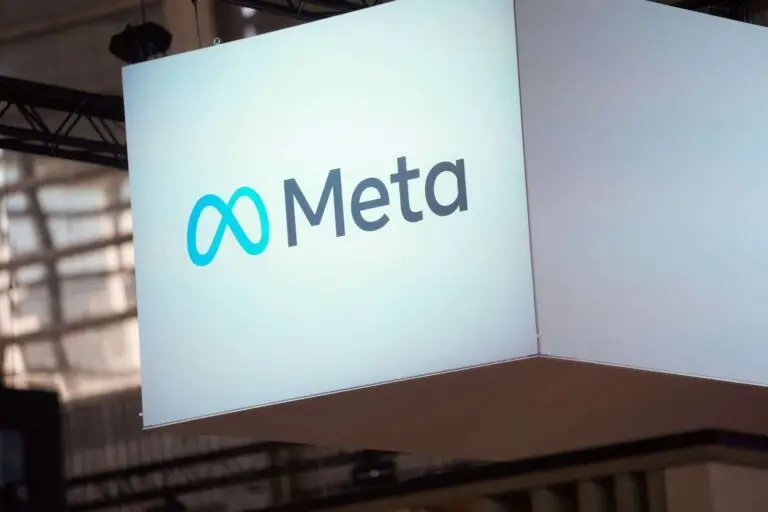Meta Platforms has vaulted past a fresh milestone in the contest to put a generative-AI helper in everyone’s pocket: chief executive Mark Zuckerberg told investors this week that “well over a billion people” now interact with Meta AI each month across Facebook, Instagram, Messenger and WhatsApp.The Economic Times
The figure cements Meta as the largest single provider of a personal chatbot—though the company still trails Google’s broader reach in search. Sundar Pichai said at Google I/O that AI Overviews, the automatic summaries that now float above many search results, serve more than 1.5 billion users monthly, while the dedicated Gemini app has topped 400 million.blog.google
A new front door for Meta AI
Until now most exchanges with Meta AI happened inside existing feeds and message threads, blurring the line between intentional chats and passive prompts. To give power users “a direct lane” into its models, Meta quietly launched a standalone Meta AI app on 29 April, available on iOS, Android and the web.The Economic Times
Zuckerberg pitches the app as a voice-first, context-aware companion that remembers prior conversations and can “co-think” on tasks ranging from trip planning to code review. Early uptake has been strongest inside WhatsApp, according to chief financial officer Susan Li, an encouraging signal for Meta’s push to anchor AI inside its encrypted messaging products.The Economic Times
Monetisation questions linger
While the raw user count impresses, Meta has yet to disclose how many of those billion sessions translate into substantive queries or revenue. The company is exploring premium tiers, in-thread “boost” options for creators, and new ads that let businesses generate product descriptions on the fly. Analysts say the path to profits will hinge on keeping inference costs low and convincing advertisers that AI-authored answers drive conversions.
Industry upsides—and risks
The sprint to embed conversational AI everywhere shows no sign of slowing: Microsoft is bundling Copilot more tightly into Windows, and OpenAI is courting publishers to license content for its ChatGPT-powered search prototype. Yet the same growth that fuels investor optimism amplifies scrutiny over hallucinations, data privacy and the impact on web traffic. Regulators in the EU and U.S. are already probing how opaque ranking or rewriting of information could disadvantage smaller sites.
For now, the billion-user badge gives Meta bragging rights—and a powerful data flywheel—as it races its rivals to make AI assistants feel indispensable in daily life. Whether that translates into durable business value will be the next metric Wall Street watches.






